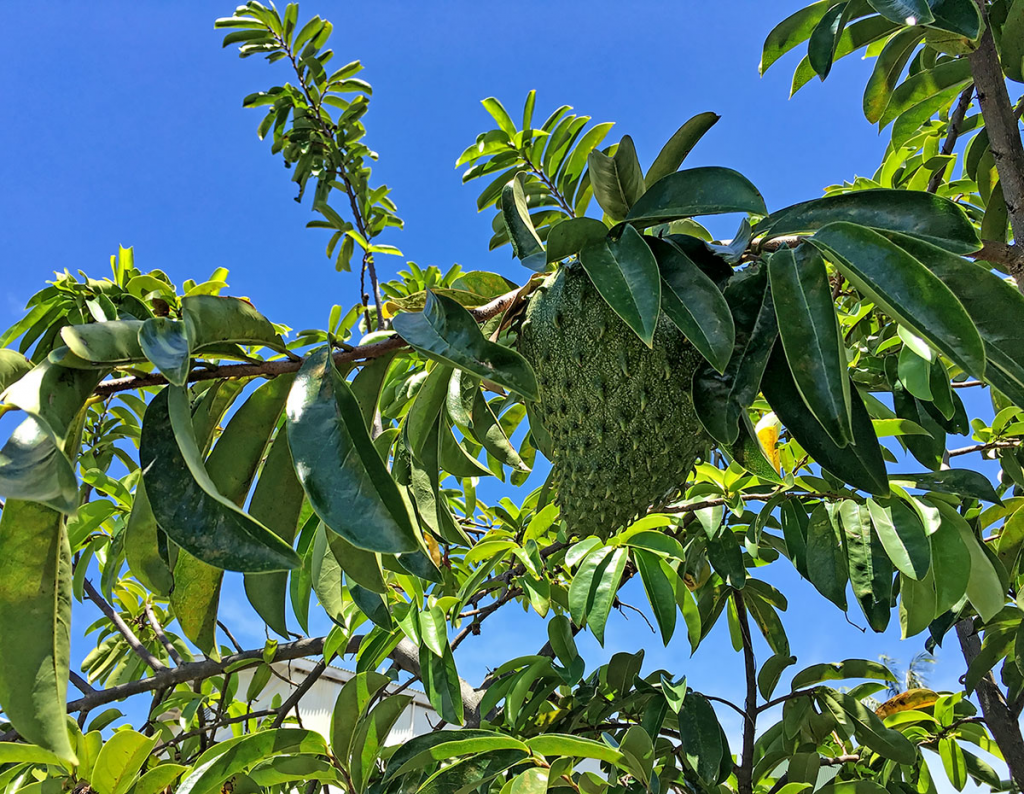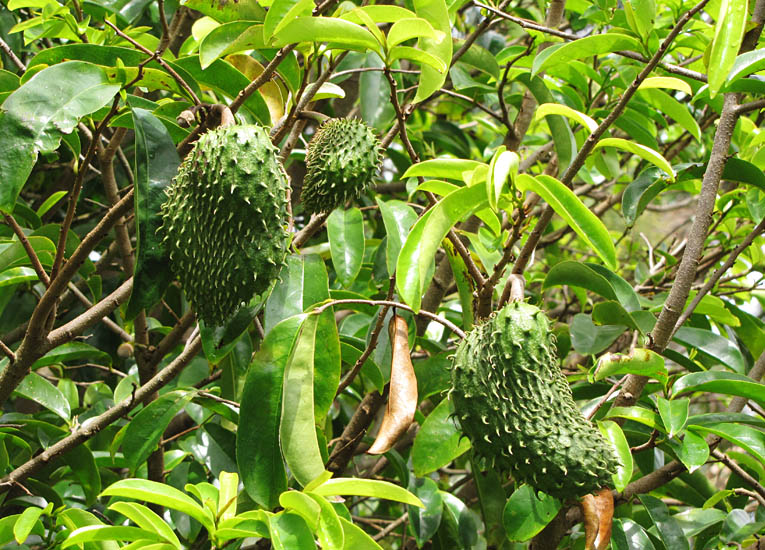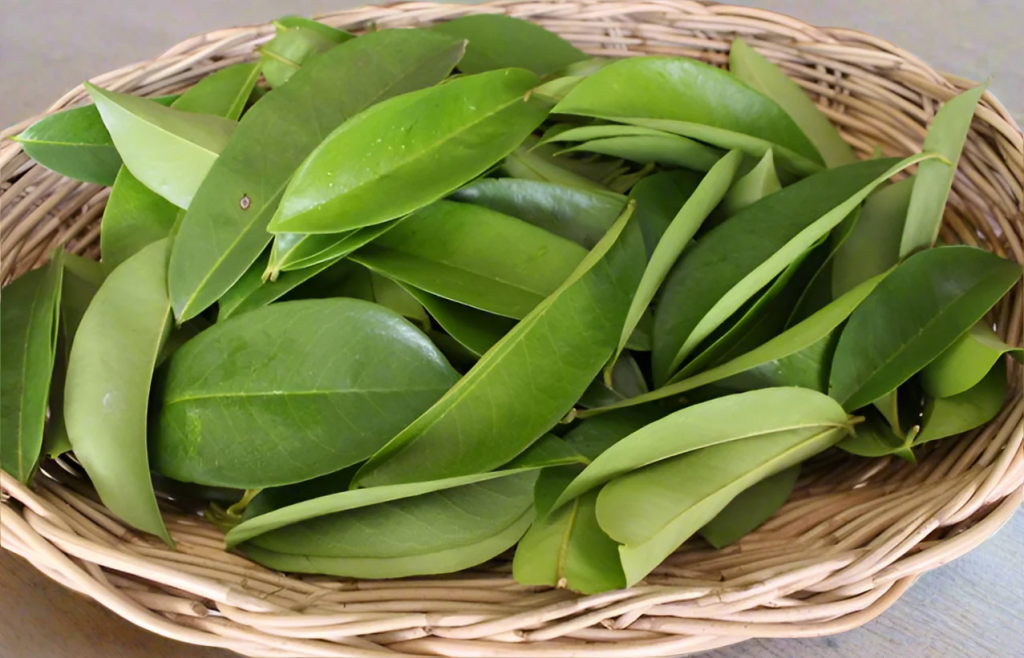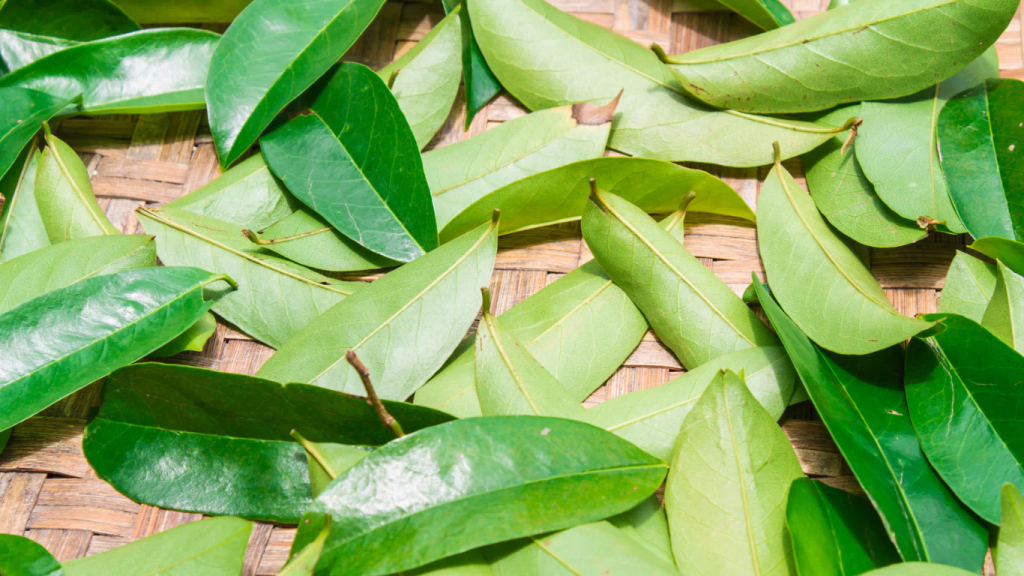Could the solution to stronger health be growing quietly in your backyard? Around the world, people are rediscovering the power of natural remedies once dismissed as old-fashioned. One of the most talked about today is the soursop leaf, also known as graviola or guanabana. Traditionally used in Latin America, the Caribbean, and Southeast Asia, soursop leaves are brewed into teas or extracts believed to support the body’s natural defenses.
According to the World Health Organization, nearly 80% of people in developing countries rely on plant-based remedies as part of their healthcare. The reason is clear: leaves like soursop are rich in antioxidants and bioactive compounds that may help protect cells from damage. While modern research is ongoing, early studies suggest soursop leaves may help reduce oxidative stress, calm inflammation, and maintain cellular balance.
In this article, we’ll dive into the hidden power of soursop leaves, explore their potential benefits, look at how different cultures use them, and give you practical tips on safely adding them to your daily wellness routine. By the end, you’ll see why this humble green leaf has captured so much attention worldwide.

What Are Soursop Leaves?
Soursop (Annona muricata) is a tropical fruit tree known for its spiky green fruit and large, glossy leaves. While the fruit is widely enjoyed for its sweet and tangy flavor, the leaves have been used for centuries in traditional medicine.
Nutritional profile of soursop leaves includes:
- Acetogenins (unique plant compounds under study for cell protection)
- Alkaloids and flavonoids (antioxidants that fight free radicals)
- Vitamin C and B-complex vitamins
- Minerals such as calcium, potassium, and magnesium
The synergy of these nutrients may help explain the reputation soursop leaves have earned as a natural health booster.
1. Cellular Protection and Antioxidant Support
At the core of soursop leaf research is its potential role in cellular health. Free radicals—unstable molecules in the body—cause oxidative stress that damages cells and contributes to aging and disease.

Soursop leaves are packed with antioxidants, which neutralize these free radicals. Studies suggest acetogenins, a group of compounds found in soursop, may influence cell behavior and protect healthy cells. While not a cure, this protective effect is what has drawn global interest.
Practical tip: Drinking soursop leaf tea 2–3 times a week may help support the body’s natural antioxidant defenses.
2. Immune System and Inflammation Balance
Chronic inflammation weakens the immune system and is linked to many illnesses. Soursop leaves have been used traditionally to calm inflammatory responses, support recovery from infections, and strengthen resilience.
Example from tradition: In Jamaica and Trinidad, families brew soursop leaf tea during flu season as a soothing remedy for cough, fever, and body aches.
Practical tip: Combine soursop tea with honey and ginger for a natural immune-boosting drink.
3. Stress Relief and Better Sleep
Beyond physical health, soursop leaves are valued for their calming properties. Folk medicine often recommends them for relaxation, anxiety, and sleep problems. The natural compounds in the leaves may help relax muscles and promote deeper rest.

Case study: A retiree in the Philippines reported switching from over-the-counter sleep aids to nightly soursop tea, finding it helped her fall asleep naturally without grogginess in the morning.
Practical tip: Brew 2–3 fresh or dried leaves in hot water and drink 30 minutes before bedtime.
4. Digestive and Pain Support
Soursop leaves have been traditionally used for easing digestive discomfort and mild pain. Their anti-inflammatory nature may help calm the stomach, while their soothing properties have been used for arthritis and rheumatism.
How people use it: In parts of Central America, poultices made from soursop leaves are applied to swollen joints or sore muscles.
Practical tip: If drinking soursop tea for digestion, start with small amounts to ensure it suits your body.
5. How to Use Soursop Leaves Safely
Like any natural remedy, soursop leaves should be consumed mindfully.

Methods of preparation:
- Tea: Boil 3–4 dried leaves in 2 cups of water for 10–15 minutes. Drink warm.
- Poultice: Crush fresh leaves and apply externally for skin or joint relief.
- Powder/Capsules: Available in some health stores, but always check product quality.
Safety considerations:
- Avoid excessive consumption, as too much may cause nausea.
- Pregnant and breastfeeding women should consult a doctor before use.
- Always purchase leaves from trusted sources to avoid contamination.
Quick Reference Table of Benefits
| Benefit Area | Key Compounds | Traditional Use | Practical Application |
|---|---|---|---|
| Cellular protection | Acetogenins, flavonoids | Reduce oxidative stress | Drink tea weekly |
| Immune support | Vitamin C, alkaloids | Flu, colds, infections | Tea with honey + ginger |
| Stress & sleep | Calming alkaloids | Relaxation, insomnia | Evening tea before bed |
| Digestive comfort | Anti-inflammatory agents | Gas, bloating, indigestion | Warm tea after meals |
| Pain & inflammation | Antioxidants, alkaloids | Arthritis, sore muscles | Poultice or mild tea |

Conclusion
Soursop leaves are one of nature’s most fascinating gifts—humble yet powerful. While modern science continues to study their role in cellular health, centuries of traditional use show they can support immunity, digestion, relaxation, and general well-being.
FAQs (Quick Takeaways):
- Do soursop leaves cure cancer? No. They may help protect cells with antioxidants, but they are not a cure and should never replace medical treatment.
- How often should I drink soursop tea? 2–3 times per week is a safe starting point.
- Are there side effects? Excessive use may cause digestive discomfort; always consult a healthcare professional if unsure.
This article is for informational purposes only and is not a substitute for professional medical advice. Always consult with a qualified healthcare provider before making significant changes to your diet or wellness routine.




